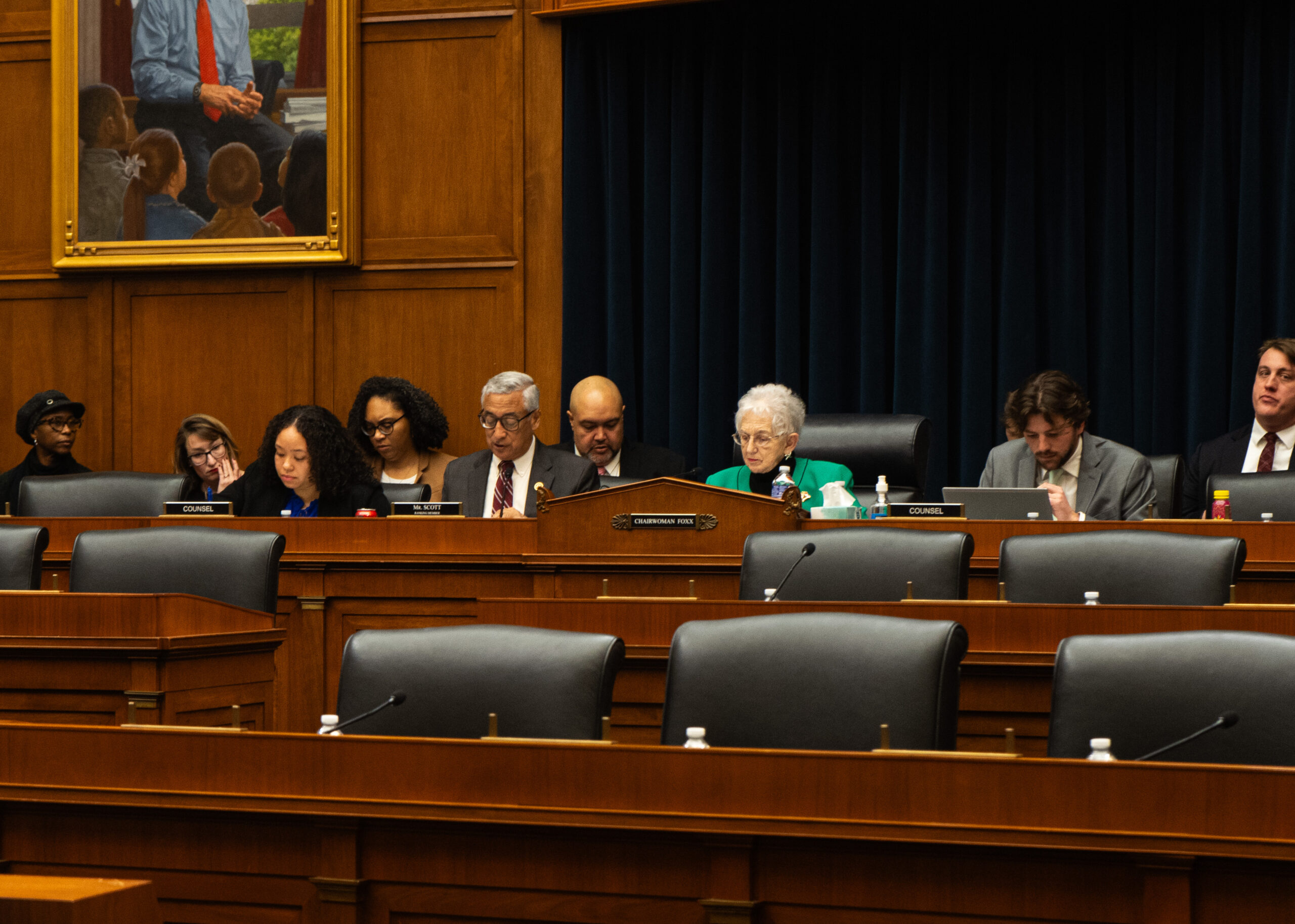WASHINGTON – The House Committee on Education and the Workforce has advanced a Republican-sponsored bill that includes measures repealing key aspects of the Biden administration’s plans to make college more affordable.
The College Cost Reduction Act, introduced by the panel’s chairwoman, Rep. Virginia Foxx, R-North Carolina, passed on a party-line 22-19 vote.
The measure presents numerous programs intended to strengthen the integrity of higher education institutions across the country, but also would gut much of President Joe Biden’s efforts to help students afford college. Democrats on the committee offered a series of amendments to the bill aimed at blocking the GOP repeals, but all were defeated.
“Unfortunately, President Biden has decided time and time again that the executive branch should also hold the legislative pen,” said Foxx, “Congress has the task of creating laws that reflect the interests of the people. It is not the role of the executive pen.”
Last August, the Biden administration launched the Saving on a Valuable Education (SAVE) program, aiming to cancel debt to borrowers who originally owed $12,000 or less in loans and had repaid at least ten years of those loans.
The program is slated to begin in February, with 6.9 million Americans already enrolled, according to the White House.
Biden’s original plan, as laid out in his 2022 executive order to cancel up to $430 billion in student loans, was blocked by the Supreme Court in a 6-3 decision last June. The court determined that the secretary of education lacked the power to issue debt relief on the scale described in the administration’s plan.
Last September, Foxx introduced a resolution with Rep. Lisa McClain, R-Michigan, to nullify the SAVE plan, but the full House never voted on it.
Foxx’s College Cost Reduction Act, introduced in January, would establish a streamlined data system to convey information about colleges, create a performance-based grant program, and hold academic institutions responsible for unpaid student loans.
In the committee meeting to consider the bill, Democrats introduced 30 amendments to alter some fundamental aspects of the legislation.
Rep. Bobby Scott, D-Virginia, praised parts of Foxx’s bill, “such as codifying Postsecondary Student Success Grants and eliminating interest capitalization and origination fees on student loans,” but the panel’s ranking Democrat objected to some provisions that he said would make it harder for people to go to college.
Rep. Kathy Manning, D-Michigan, offered an amendment to strike language from the bill repealing Biden administration regulations to protect student borrowers during changes in ownership of academic institutions.
Another Biden administration regulation the Foxx bill aims to repeal is the 90-10 rule, which requires for-profit universities to secure at least 10 percent of their funding from non-federal sources. Rep. Mark Takano, D-California, introduced an amendment to strike this section from the final bill but was rebuffed by the GOP majority.
Rep. Ilhan Omar, D-Michigan, offered a motion to remove the bill’s rescission of Biden’s SAVE plan, but that motion was defeated.
“The new (SAVE) program created by the Biden administration… creates a generous IDR (income-driven repayment) plan that Republicans now want to strip away,” Omar said.
Rep. Suzanne Bonamici, D-Michigan, unsuccessfully tried to amend the bill with language streamlining the process of finding on-campus accommodations for students with disabilities.
Bonamici’s proposal is part of a group of bills unveiled Monday by Democratic members of the education panel referred to collectively as the Roadmap to College Student Success.

